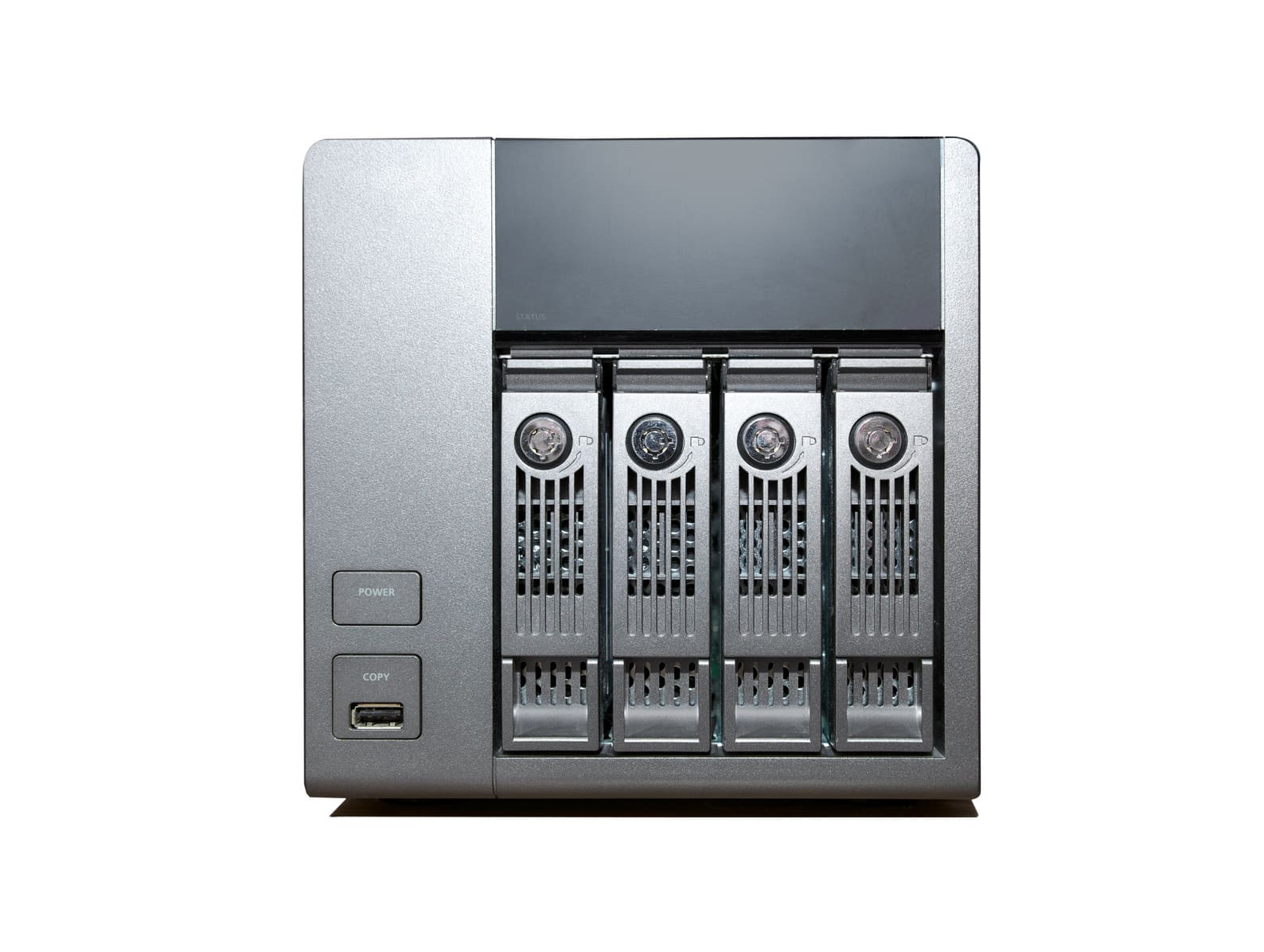Even in small companies, turnover can be a frequent issue and any laptops or tablets you provide for employee use can go days or weeks in between owners. Developing a standard procedure to store technology doesn’t only help keep them secure; it helps keep them in good condition physically.
What steps should you take when storing the devices?
- Store them on racks or shelves that allow for ventilation. Even if the devices aren’t in use, you don’t want to crowd them together. Some devices may be accidentally stored in sleep mode and continue to generate heat. Ventilation also helps prevent a build-up of moisture in or around the device: it’s impossible to completely dehumidify the air, but ventilation will certainly help.
- Keep the closet or storage room insulated. This may be tricky to do if you’re renting office space, but even placing an insulation blanket over a cabinet full of laptops and tablets can help regulate the temperature. Rapid temperature fluctuations are dangerous for technology, and the temperature shifts between an increasingly chilly office at night and the heater coming on in the morning can damage your devices.
- Let your IT service know. If your IT service company is handling your company’s licenses, they need to know to change access, switch over licenses, and deactivate accounts. They can also do a sweep of the device’s files to make sure no unusual activity occurred during a former employee’s last few days of work.
More and more companies are providing work devices for their employees, and if your company chooses to invest in that hardware it’s important to make sure it stays well-protected and functional for as many years as possible. Go to Bluewater Technologies to see what we can do to keep all of your technology safe.



